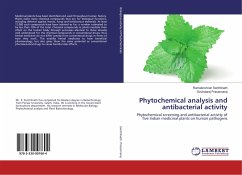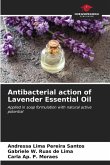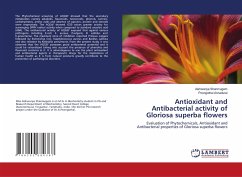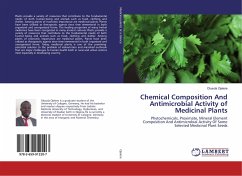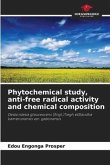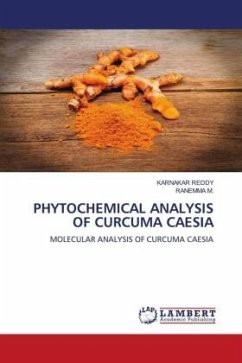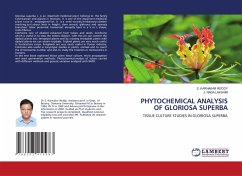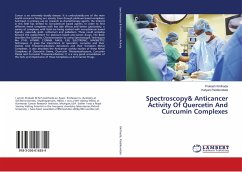Medicinal plants have been identified and used throughout human history. Plants make many chemical compounds that are for biological functions, including defence against insects, fungi and herbivorous mammals. At least 12,000 such compounds have been isolated so far; a number estimated to be less than 10% of the total. Chemical compounds in plants mediate their effect on the human body through processes identical to those already well understood for the chemical compounds in conventional drugs; thus herbal medicines do not differ greatly from conventional drugs in terms of how they work. This enables herbal medicines to have beneficial pharmacology, but also gives them the same potential as conventional pharmaceutical drugs to cause harmful side effects.
Bitte wählen Sie Ihr Anliegen aus.
Rechnungen
Retourenschein anfordern
Bestellstatus
Storno

